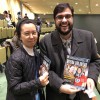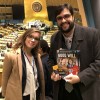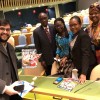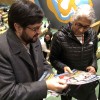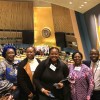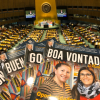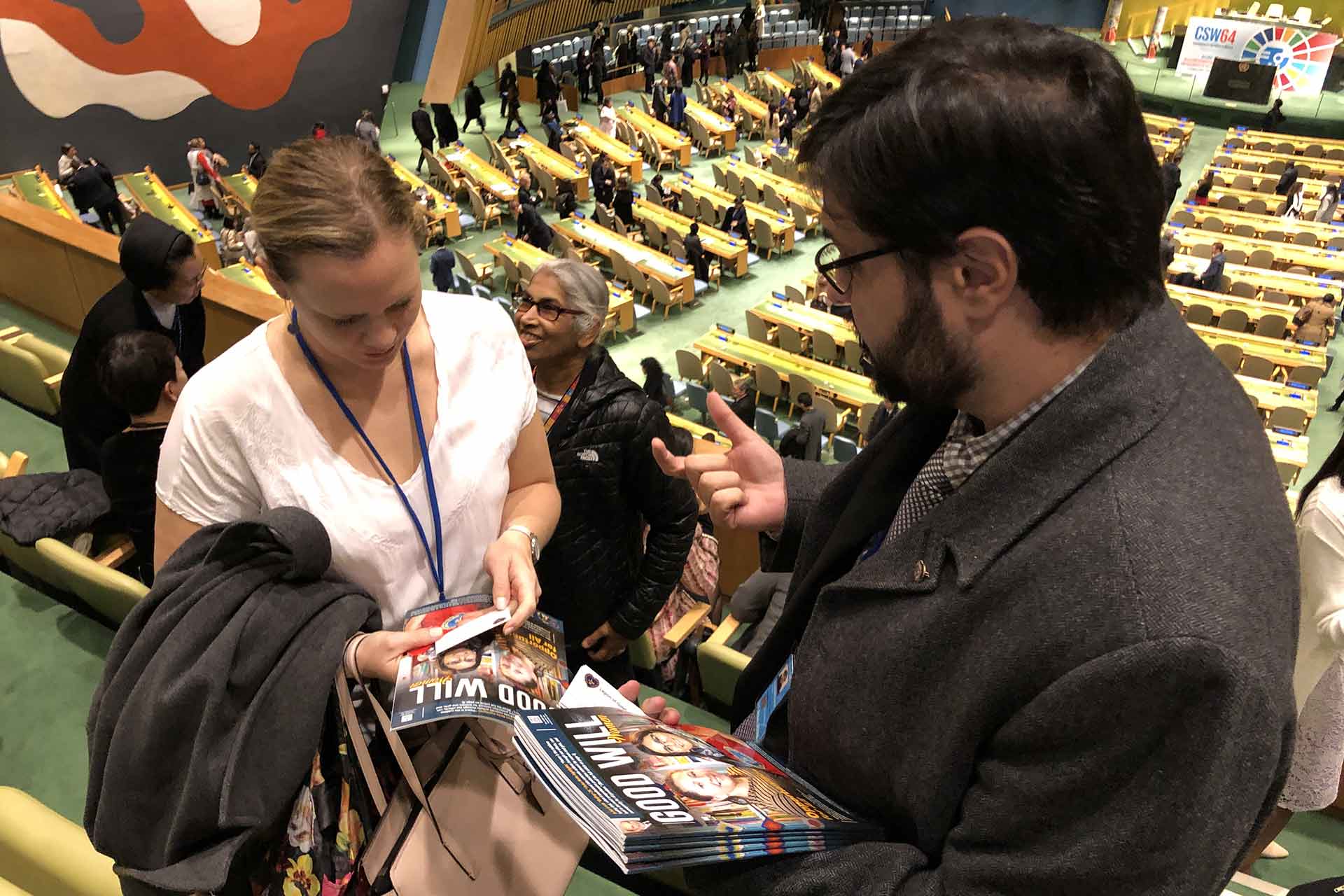LGW Contributes to UN Debate on Gender Equality
Once again, the LGW participates in the CSW event and share its experience over 70 years promoting women empowerment
It has been 25 years since the Fourth World Conference on Women and the adoption of the Beijing Declaration and Platform for Action (1995), held by the United Nations (UN) in China.
Because this is a topic of fundamental importance, the Legion of Good Will (LGW) once again participate in the Commission on the Status of Women (CSW), promoted by the UN on March 9, in New York City. The organization shared its experience over 70 years promoting women empowerment in academic, professional, environmental, and leadership issues through its social projects carried out in seven countries: Argentina, Bolivia, Brazil, United States, Paraguay, Portugal and Uruguay.
Highlighted below is the message of the LGW's President, José de Paiva Netto, entitled “Beijing + 25”, which inspires this work and was shared with the participants: “Peace is the sublime feeling that, when transformed into concrete actions through our effort, can lead to the most comprehensive protection network for women and girls, and consequently for all genders.”
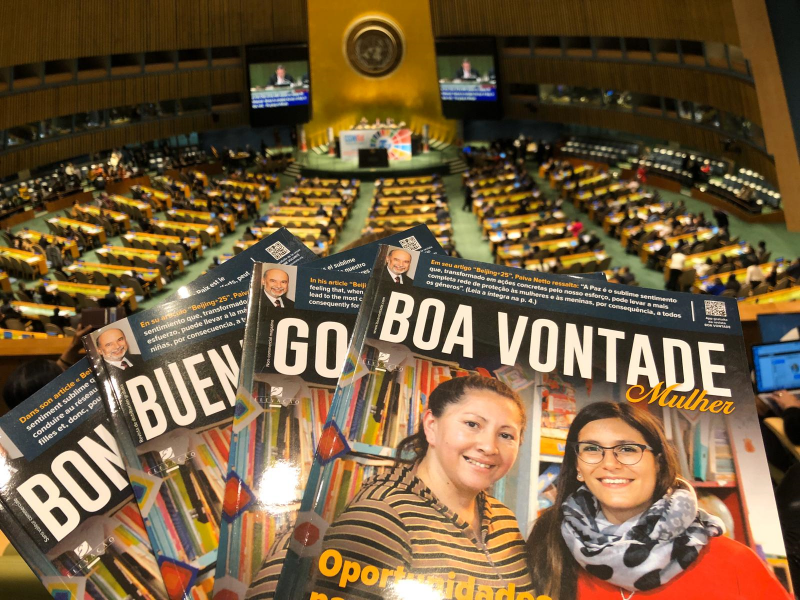
The full article is available in the GOOD WILL Women Magazine in 4 languages: English, Spanish, Portuguese, and French.
Covid-19 Changes Event Format
The CSW, the largest international summit on women's rights, had a new format in its 64th edition due to concerns about the new strain of coronavirus, as decided by CSW / Beijing + 25 Member States. Delegations and civil society representatives debated the political declaration and other draft resolutions during a single day, in an effort to contain the outbreak.
LGW at the UN
The Legion of Good Will is a Brazilian civil society organization in general consultative status with the United Nations Economic and Social Council (ECOSOC) since 1999 and has also been associated, since 1994, with the UN Department of Global Communication. This allows the organization to participate and contribute to the discussion of development issues proposed by the international organization and its Member States.

